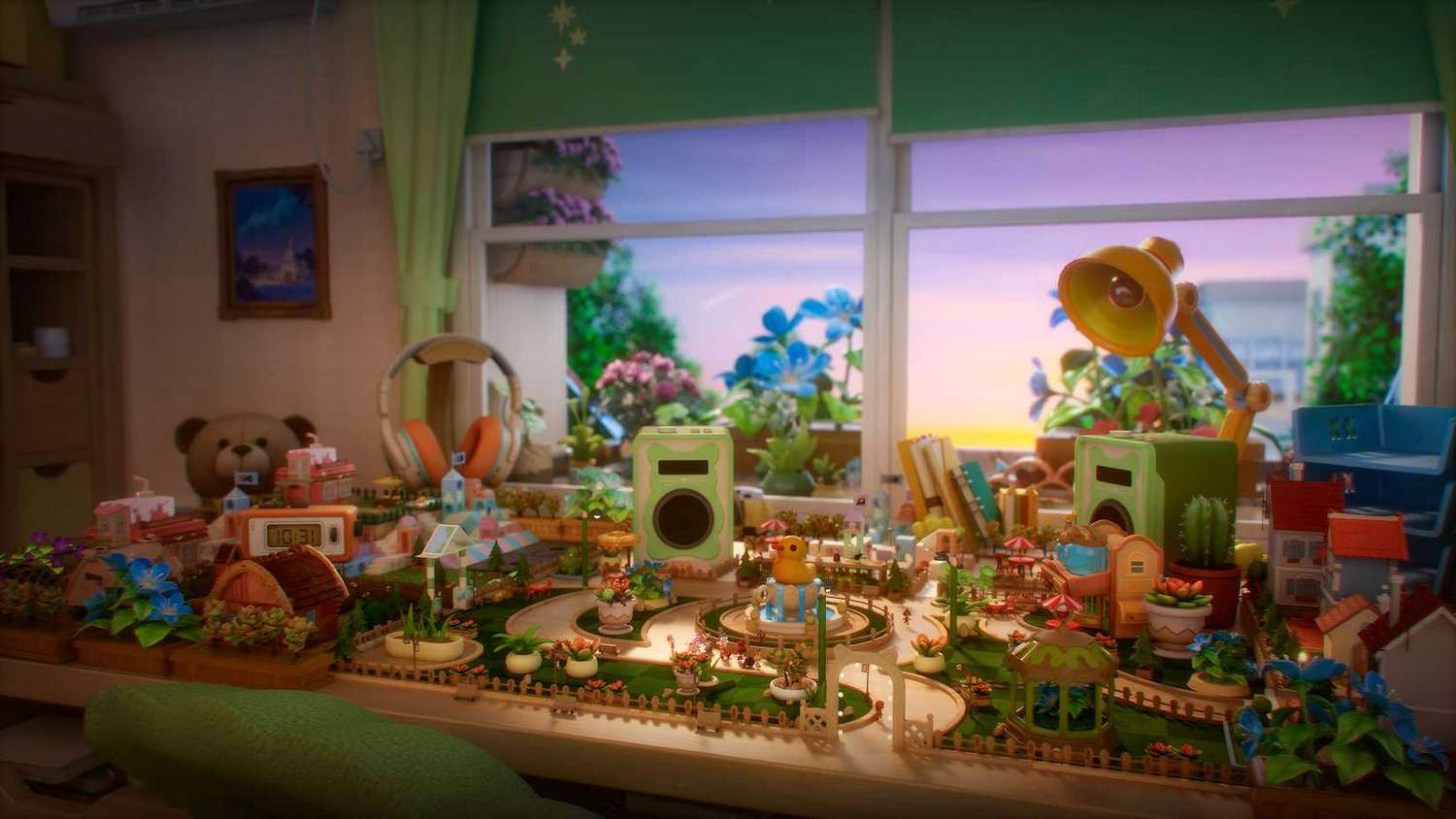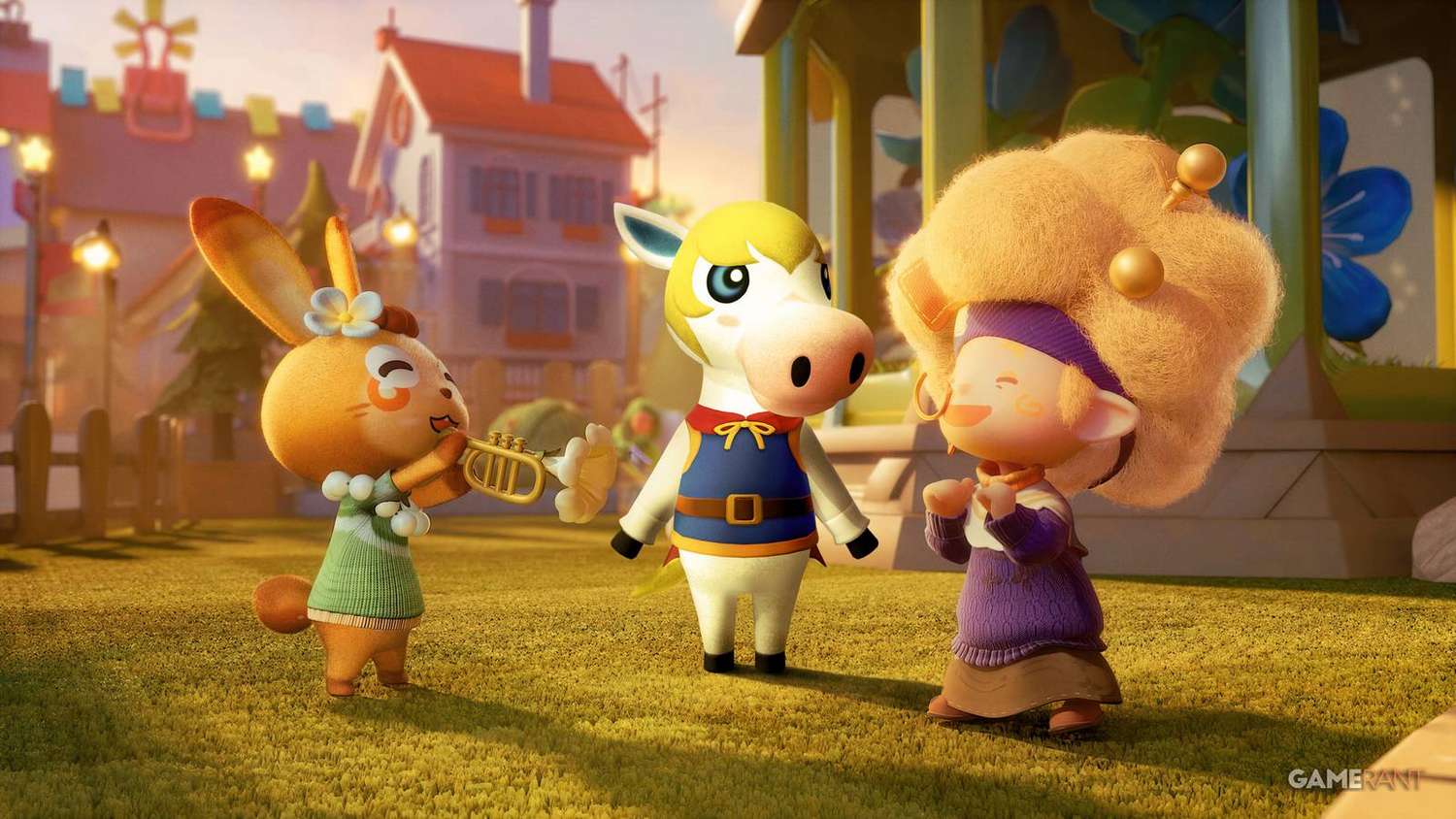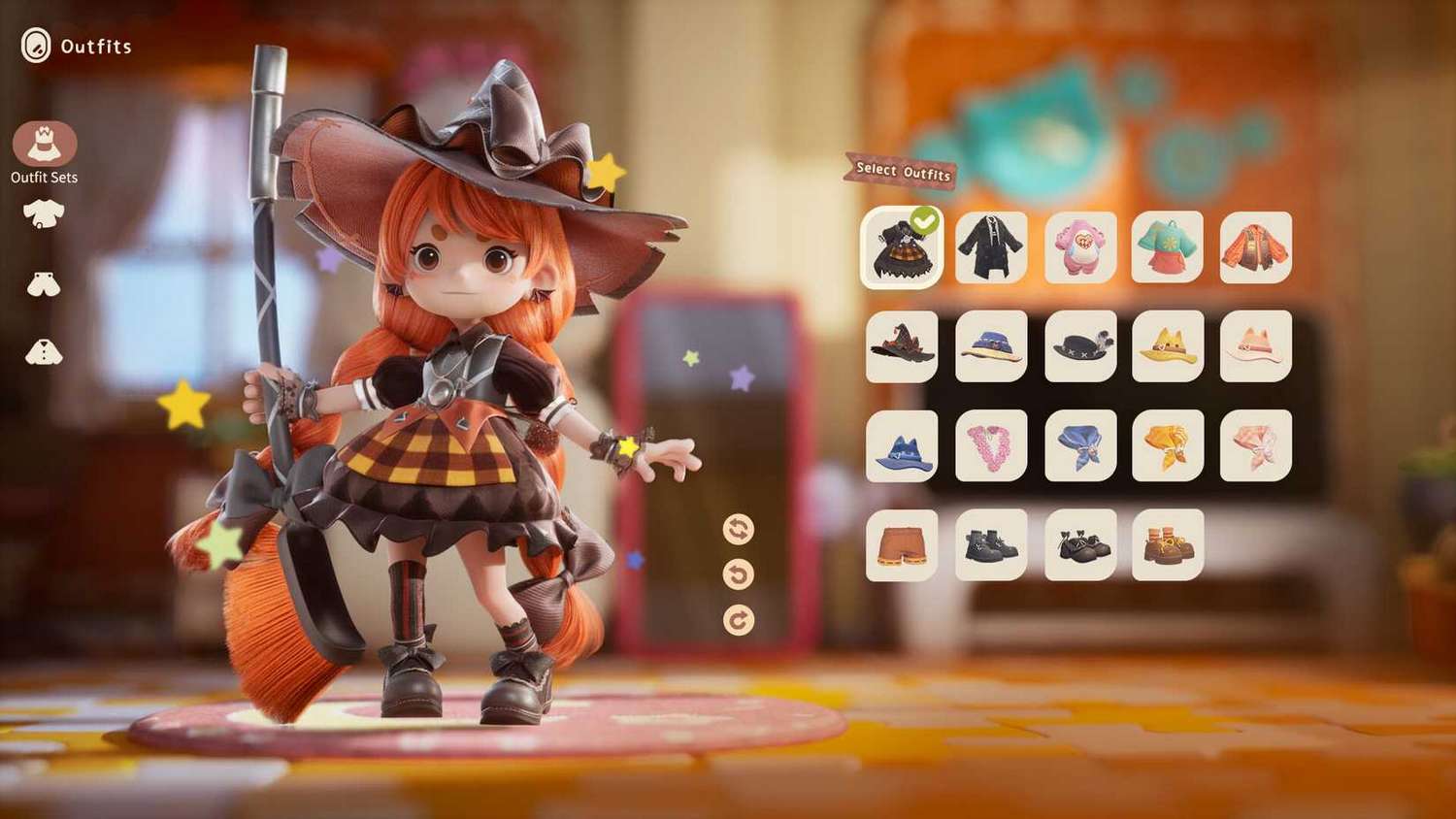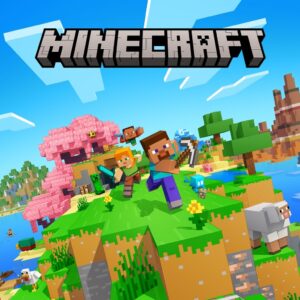Nintendo Rivalry Heats Up: The Animal Crossing-Like Game Poised for Co-op Life-Sim Dominance
Popular Now
 Call of Duty
Call of Duty
 Geometry Dash
Geometry Dash
 Free Fire Max
Free Fire Max
 Black Myth: Wukong
Black Myth: Wukong
 Brawl Stars
Brawl Stars
 Garena Free Fire: Kalahari
Garena Free Fire: Kalahari
 Rust
Rust
 R.E.P.O
R.E.P.O
 Toca Boca World
Toca Boca World
 Candy Crush Saga
Candy Crush Saga
 H2: The Cozy-Game Landscape Shifts: A New Challenger for the Throne
H2: The Cozy-Game Landscape Shifts: A New Challenger for the Throne
The “cozy game” genre, arguably revitalized and cemented by the monumental success of Nintendo’s Animal Crossing: New Horizons, is no stranger to contenders. However, a seismic shift is being felt across the gaming community, signaling the arrival of a title that industry analysts are betting will go head-to-head with Nintendo‘s beloved franchise. This is not simply another farming sim; this is a fully-realized life-simulator with a strategic focus on cross-platform accessibility and community-driven content, the kind of aggressive positioning that targets the highest CPC keywords in the life-simulation game market.
The challenger, tentatively referred to by many as ‘The Cozy Crusader’ (or in some circles, specifically Disney Dreamlight Valley or the highly-anticipated Petit Planet from HoYoverse, given their current buzz), is leveraging a number of critical gaps in the Animal Crossing experience. Nintendo’s title, while a cultural phenomenon, remains tethered to the Nintendo Switch exclusive ecosystem, a limitation that its competitors are turning into a massive advantage in the lucrative PC gaming and mobile game sectors. This multi-platform strategy is the first indicator that this is a serious bid for genre supremacy.
H2: Core Gameplay Mechanics: Refinement Over Reinvention
The gameplay loop of this rising star echoes the comforting cadence of island life that players adore—gathering resources, home decoration, and forming deep relationships with a diverse cast of NPC villagers. But the key difference lies in the depth and quality of life improvements. Our current review of the beta/early access feedback points to several standout features:
- Superior Crafting and Customization: While Animal Crossing introduced extensive customization, this new game offers a deeper, more intuitive crafting interface, allowing players to not just place objects but fundamentally design their own furniture using complex yet accessible tools. This addresses a major criticism leveled at New Horizons’s somewhat restrictive design options.
- Enhanced Social Gameplay: The game embraces a persistent, relaxed multiplayer model. Unlike the limited, cumbersome visit system in Animal Crossing, players can seamlessly interact, trade, and co-op quest in the same persistent world, making it a true multiplayer life-sim. This feature alone is driving significant player acquisition and is central to its viral marketing.
- Robust Progression System: Instead of a soft-capped progression model, there is a clearer, more engaging skill-tree or quest-driven narrative that provides a constant sense of forward momentum. This system caters to the segment of the audience that found the daily grind of the competitor lacking in long-term goals. This ensures a higher rate of player retention—a key metric for long-term revenue.
H2: Economic Strategy: Targeting the High-Value Player
The economics of this rivalry are as important as the mechanics. The game’s success is not purely in units sold, but in securing a high Average Revenue Per User (ARPU), a metric often tied to microtransactions and premium content. The title is successfully integrating a model that offers immense value without forcing a pay-to-win structure, focusing on cosmetic DLC and seasonal content passes that enhance the experience. The marketing budget is heavily focused on terms like “best life-sim game 2025,” “top cozy games,” and “direct competitor to Nintendo,” keywords that command a high Cost Per Click (CPC), signaling confidence in their return on investment.
H2: Industry & News Update: The Developer Advantage
News from the development studio—which has a proven track record of handling massive, cross-platform titles (a detail often mentioned when discussing firms like Gameloft or HoYoverse, both with entries in this space)—confirms a rapid and consistent content roadmap. In the past quarter alone, they released two major free updates and announced a new expansion pack for the holidays. This pace of development stands in stark contrast to the comparatively slower content cycle of Nintendo’s flagship, which has often relied on seasonal events rather than fundamental content additions. This aggressive post-launch support is a crucial factor in convincing core gamers to make the switch and invest their time in a new virtual home.
 H2: The Final Verdict: Why the Competition is Real
H2: The Final Verdict: Why the Competition is Real
For years, Nintendo’s Animal Crossing has enjoyed a near-monopoly on the premium, high-quality cozy-life experience. The appearance of a highly polished, multi-platform title with superior multiplayer and deep customization options changes the calculus entirely. This new game is not a mere clone; it is an evolution of the genre, learning from the established hit’s shortcomings and expanding on its successes. The fact that the title is available to a much broader audience, from dedicated PC gamers seeking a break from high-octane action to mobile users wanting a persistent, beautiful world, ensures its market penetration will be swift and substantial. As the holiday season approaches, all signs point to a genuine, no-holds-barred clash for the title of the world’s favorite digital escape. Developers have successfully crafted a new gold standard, forcing even the mighty Nintendo to take notice and, potentially, accelerate their plans for the future of their beloved franchise.









